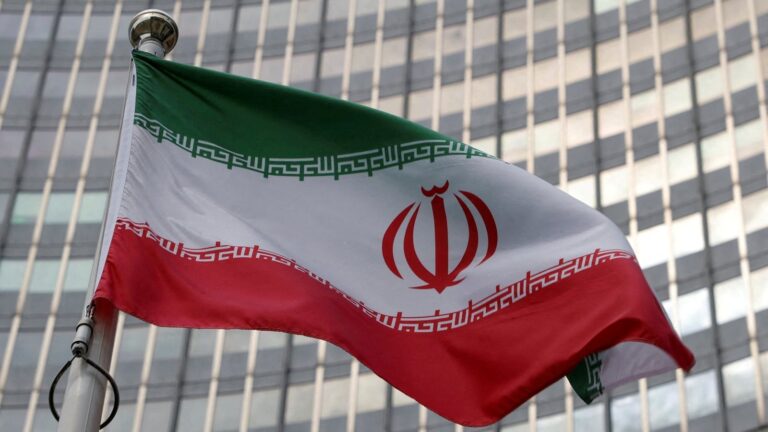A candidate in Iran’s presidential election withdrew from the election late on Wednesday, becoming the first to do so as hardline factions rally behind a unified candidate in the election to replace the late President Ibrahim Raisi.
The state-run Iranian News Agency (IRNA) reported that Amirhossein Ghazizadeh Hashemi, 53, had withdrawn his candidacy and urged other candidates to do the same “so that the revolutionary front can be strengthened.”
Ghazizadeh Hashemi, one of Raisi’s vice chairmen and head of the Martyrs and Veterans Affairs Foundation, ran in the 2021 presidential election and came in last, receiving just under 1 million votes.
Such withdrawals are common in the final hours of Iran’s presidential elections, particularly the final 24 hours before the polls, when campaigning enters a mandatory quiet period with no rallies, as voters head to polling stations on Friday.
Ghazizadeh Hasemi’s decision leaves five candidates in the race, which analysts now widely expect to be a three-way contest.
Experts say two hardliners, former nuclear negotiator Saeed Jalili and Parliament Speaker Mohammed Bagher Qalibaf, are competing for the same coalition, while the only reformer in the race is heart surgeon Massoud Pezeshkian, who is aligned with the former government of President Hassan Rouhani, a relative moderate who secured Iran’s 2015 nuclear deal with the world.
Iran’s theocratic state, led by Supreme Leader Ayatollah Ali Khamenei, has maintained its stance that it will not allow women or anyone who calls for radical change in the country’s government to vote, but he has recently called for a “maximum” turnout in the polls, while implicitly warning Pezechkian and his allies about their reliance on the United States.
Public apathy towards the elections has spread in the Iranian capital following the helicopter crash in May that killed Raisi.
Iran is facing a generally tougher economic situation and a much more volatile Middle East, including the Islamic Republic’s first direct attack on Israel, since the nuclear deal promised to open it to the world nearly a decade ago. Iran has now enriched uranium to nearly weapons-grade levels and has enough uranium to build multiple nuclear weapons if it so chose.
Some say they will not vote, given limited electoral options and widespread discontent over the ongoing repression of women in Iran over the mandatory headscarf rule.
“I didn’t watch the debate because I don’t plan on voting,” said Fatemeh Jazaieri, a 27-year-old unemployed woman with a master’s degree. “I voted for Rouhani seven years ago, but he failed to deliver on his promises to improve the economy. Any promises made by any candidate will only be on paper.”
The worshippers who gathered for Friday prayers in Tehran are generally more conservative than others in the city, but they also appeared more motivated to vote.
Mahmoud Sayedi, a 46-year-old shop owner, said he planned to vote with his wife and two daughters.
“My wife and I have decided to vote for Qalibaaf, who knows how to solve the country’s challenges from his many years of experience, but my daughters are also thinking about Jalili,” he said. “Voting, by the way, is our duty.”
Parivash Emami, 49, who also attended the service, said he hoped his vote would help Iran overcome its problems.
“Qalibaf knows the details of the problems in great detail, but the rest either criticizes or promises to solve them without presenting any program,” Emami said.

